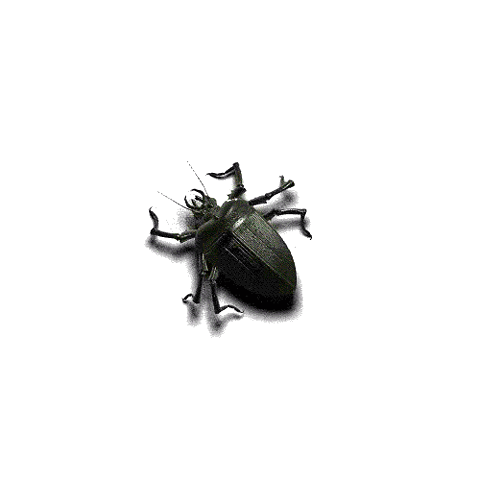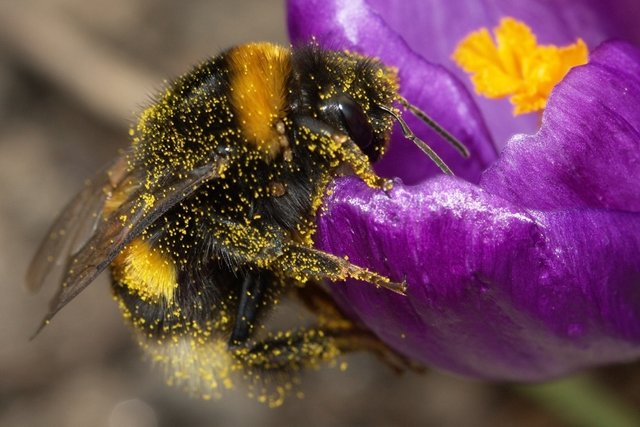HOW STUFF WORKS EP. 2 - WHAT WILL HAPPEN IF INSECTS DISSAPEARED FROM THE PLANET??

"Ewwww ... a bug!" is the reaction many people have when they feel an insect's six legs crawling on them. This revulsion is lamentable, for not only are the vast majority of insects completely harmless, we humans and most other complex life on the planet would be in dire shape without them.
A few bugs bite up our gardens and plants, others are gross sufficiently looking to give a fella the creeps, and still more have a sharp capacity to get into places where we don't need them, for example, lavatories, rooms and kitchens. Be that as it may, people require creepy crawlies so as to live, thus do plants and creatures. Everything needs to with the hover of life, the planet's natural pecking order and the multiplication of plants through fertilization.
What is an Insect?
First, a quick rundown of what is and what isn't an insect. The Insecta class consists of invertebrate bugs whose bodies are divided into three segments: head, thorax and abdomen

This is an insect
Insects also have one pair of antennae and three pairs of legs. Many insects use wings to fly around. Spiders are not insects, because they have only two main body parts – the cephalothorax and the abdomen – and four sets of legs.
Insects are important part of food chain
A few creatures, similar to little winged animals, frogs and different reptiles and creatures of land and water, survive altogether on a creepy crawly eat less carbs. On the off chance that there were no bugs for these creatures to eat, they would inevitably cease to exist. That, thus, would wipe out the nourishment hotspot for different creatures more distant up the chain. Breaks in the food chain eventually would work their way all the way up to humans, many of whom maintain meat-heavy diets

"If insects were to disappear, the world would fall apart — there's no two ways about it,"
So, without insects, everyone would just have to become a vegetarian, right? Not unless you count dirt as a vegetable. Insect pollination is a crucial ingredient in most of the fruits and vegetables that humans and animals eat. Take honeybees, for example. These flying insects buzz around flowers and plants, transferring the male pollen grains of one plant to the female reproductive parts of another. In other words, the honeybee is the stork that delivers little plant babies

For starters, approximately 80 percent of all of the world's plant life are angiosperms, or flowering plants. In order to reproduce, these plants must have pollen physically transferred from a male anther to the female stigma within a flower.
While some plants also rely on wind to move pollen from Point A to Point B, many crops are largely or fully dependent on the work of bees and other pollinating insects, such as beetles, moths and flies. That's not to mention the other important work that insects do to stimulate plant growth.
Overall, times are tough for many insects out there, giving us a taste of what life would be like in their absence. "This is not an abstract thought process,
